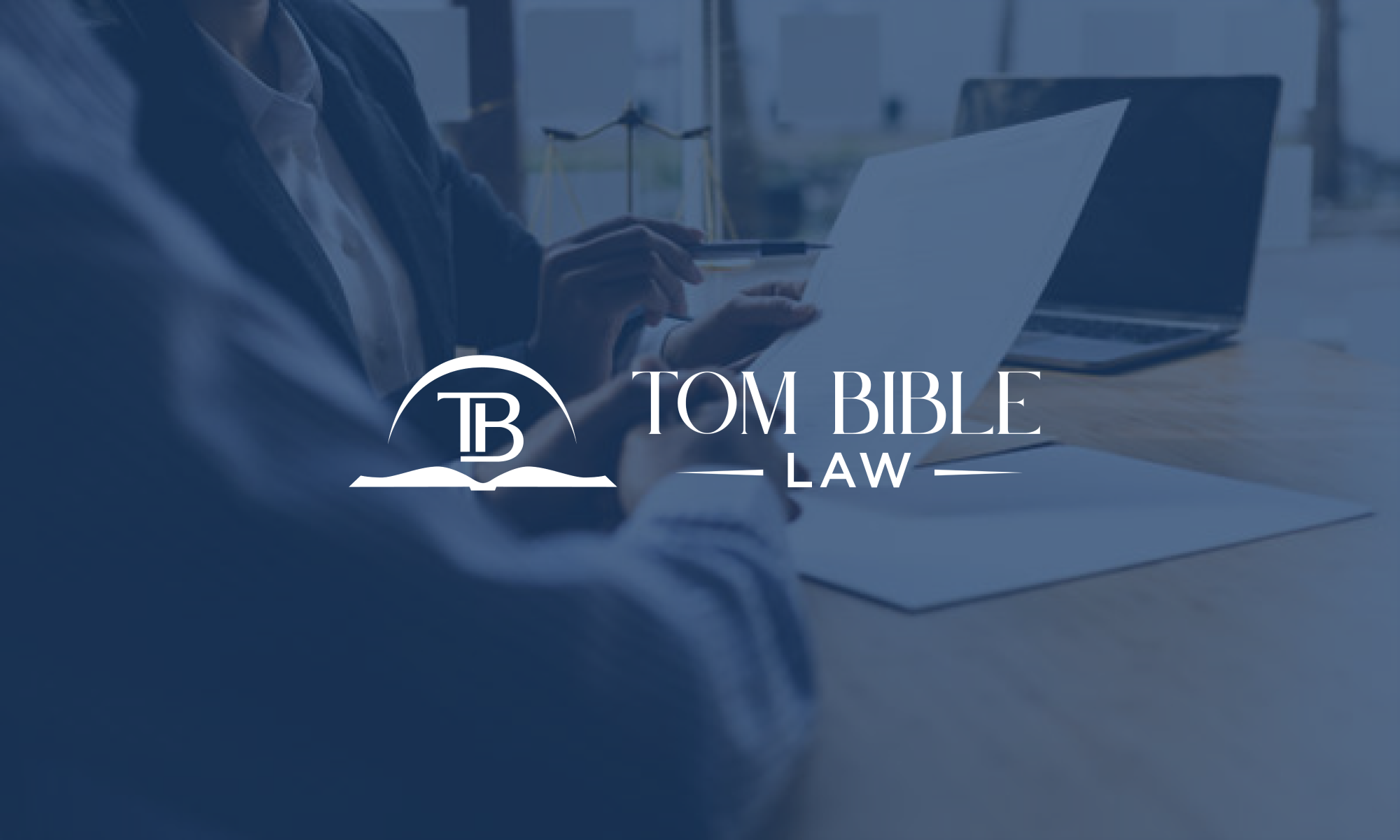Freelancers and the self-employed continue to grow in the gig economy. Many people are after financial independence so that they can make and follow their own rules. The pros and cons of the gig economy may help you explore whether this is the right career path for you. Looking at strategies for this type of career can be crucial for knowing what financial steps to take. Reach out to a Kingsport bankruptcy attorney if you have questions about bankruptcy.
Pros and Cons of the Gig Economy
The pros and cons of the gig economy often vary from person to person. Everyone has their own reasons for preferring the gig economy over the usual job at a company with set hours. A gig economy is made up of freelance jobs that include freelance work, passive income jobs, earning royalties, selling products, and other forms of self-employment.
Some of the main pros of gig economy jobs include flexible hours, independence, variety, and pay. Not having to work for someone else means in most cases that you can create your own work schedule. This lends you greater independence because you can almost always decide your vacation times, days off work, and work hours themselves.
The variety of ways to earn money in the gig economy has seemingly grown exponentially since the pandemic. If one freelance job does not work, there are several others to choose from. Some people can work multiple freelance jobs at once. This is when the pay can go up, sometimes more than the usual job.
Strategies for Freelancers and Self-Employed
Various freelance tips can be used when self-employed. When starting as a freelancer, consider what your skills are and what you feel passionate about. Combine these with practical ways to turn these into an income. Choose your workspace, what materials you will need, and start producing what you plan to sell.
Always keep your value in mind. Selling yourself short can lead to stress from resentment, lower pay, and burnout. At the same time, do not forget to track your material costs versus your income from what you are selling. This can also help you maintain and calculate the value of what you are selling.
Part of working as a self-employed person involves keeping your personal finances separate from your business finances. This is not only helpful for organizing your business but is required by the Internal Revenue Service (IRS) when operating as a business. Filing taxes will be important for avoiding debt traps like owing money to the IRS. Having a business plan can help organize all of this, including Social Security Benefits and retirement planning.
Call Tom Bible for Legal Aid
You may not have to give up financially if you find your business falling into bankruptcy. Do not hesitate to contact us at Tom Bible Law at 423-874-6628 for a consultation today about what financial options you may have. Our dedicated team of Tennessee Bankruptcy Lawyers can work with you to find what financial options are available related to bankruptcy. We serve clients in the Tennessee cities of Chattanooga, Kingsport, and Tullahoma.


